Animals
-
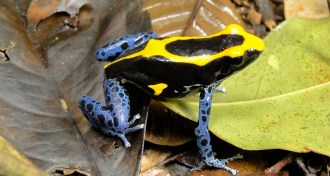 Animals
AnimalsTiny frogs host an illusion on their backs
How dyeing dart frogs move changes how predators see the amphibians, a new study finds.
-
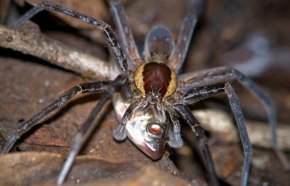 Animals
AnimalsFish-eating spiders are the stuff of nightmares
Spiders that feast on fish can be found on every continent but Antarctica, a new review finds.
-
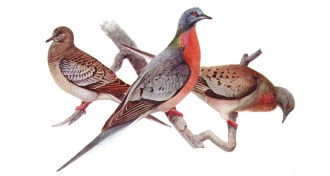 Animals
AnimalsPassenger pigeon population had booms and busts
DNA says the birds recovered from hard times — until people came along.
By Susan Milius -
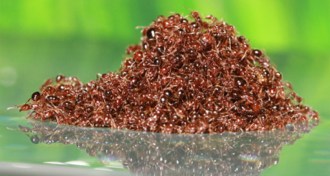 Animals
AnimalsIn emergencies, fire ants get lots of grips to form rafts
First look inside fire ant architecture shows how lots of leg grips assemble rafts, bridges and balls.
By Susan Milius -
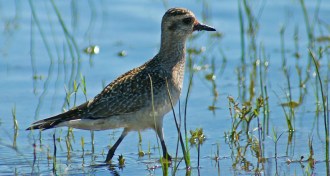 Animals
AnimalsMosses hitch rides on the wings of birds
Seeds may travel from far north to south hidden in the feathers of migratory birds.
-
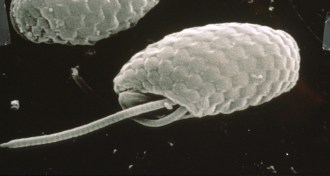 Life
LifeGenetic mutation quenches quantum quirk in algae
Studying algae that can and cannot use quantum coherence to harvest light could lead to better organic solar cells and quantum-based electronic devices.
-
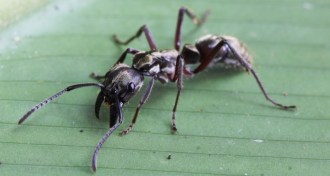 Animals
AnimalsSwimming evolved several times in treetop ants
Certain ants living in tropical forest canopies turn out to be fine swimmers.
By Susan Milius -

-
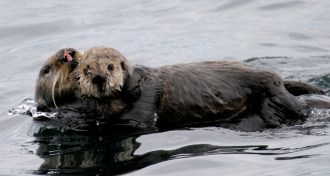 Animals
AnimalsIt’s hard being a sea otter mom
The energy requirements of lactation may explain why some female sea otters abandon their young.
-
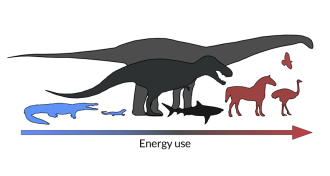 Life
LifeDinos straddled line between cold- and warm-blooded
Tyrannosaurus rex and other dinosaurs straddled line between cold- and warm-blood, a new analysis finds.
By Meghan Rosen -
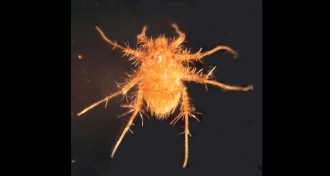 Life
LifeCalifornia mite becomes fastest land animal
Despite being the size of a sesame seed, the Paratarsotomus macropalpis mite can outpace Usain Bolt and even a cheetah in terms of body lengths per second.
-
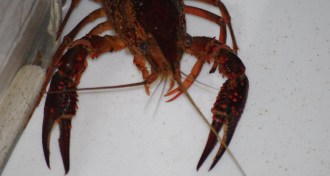 Neuroscience
NeuroscienceCrayfish get anxious, too
After receiving a shock, crayfish act anxious, avoiding brightly lit areas.